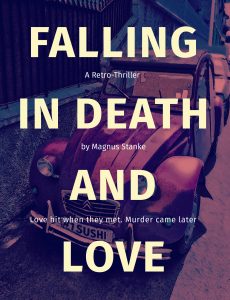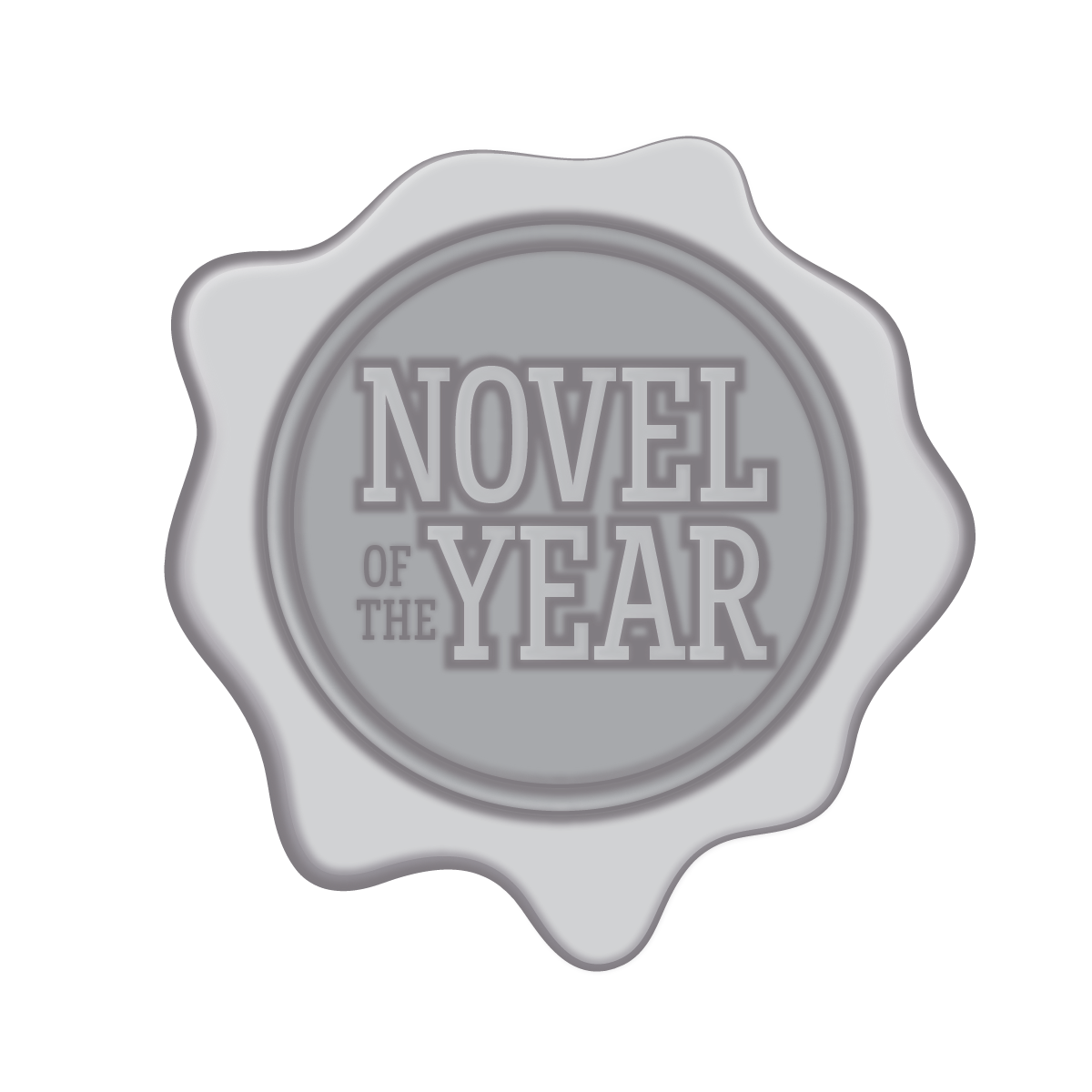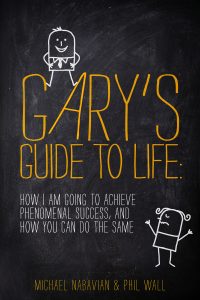The Rundown
The Recommendation
The Rating
The Links
The Reviewer
Steve Wetherell
Visit Steve Wetherell‘s website.When Enhang Inc. recently unveiled a drone that can carry a person, most people probably said “Cool,” and then scrolled down to a recipe for peanut butter hotdogs or whatever. Some of us, however, immediately threw a brick through a window.
When you’re a sci-fi writer, what looks like merely a leap in consumer technology can actually be a total pain in the ass. Particularly if one of your plot points relies on drones not being able to carry people.
I call it Future Stress, and it’s what happens when the pace of technology evolves faster than you can write.
Admittedly, this doesn’t effect all science fiction writers. If your story happens in the year Three Million AD, then chances are your characters can perform various space magics without worrying too much about current scientific limitations. But it can be a problem if your novel is set in a near or conceivable future. Like mine is.
And in truth, the best science fiction is always a reflection of technology at the time. Frankenstein’s reanimation was inspired by the experimentations of Luigi Galvani. Snow Crash may have missed a lot of marks about how the internet would evolve, but it was all quite feasible at the time of writing.
So if you’re planning on using current technological implications to shape your future world, then Future Stress is something that is bound to affect you— now so more than ever.
So how to deal with? Booze? Well, yes, but also other things:
1) Book Learnin'
The first method is research, and this is the hard way. I once read a good near-future-origin story called Pushing Ice, by Alastair Reynolds. I was a little intimidated by an introduction that discussed in detail the progress of cryogenic experimentation. However, when I read the book, the cryogenic situation was barely a subplot. It amounted to about half a chapter that, if removed, wouldn't have altered the direction of the story at all. But that’s the kind of dedication you need if you want your fantastic tale grounded in the realms of the real. This can be a problem if, like me, you’re not the keenest of science students. Or, as my high school science teacher put it, “an idiot”.
But, if you have a firm grasp of the workings and development of the technology you’re discussing, your work will be all the stronger for it.
2) Flim Flammin’
My first foray into novel writing was in the comfortable pool of science-fantasy, with a heavy emphasis on comedy to boot. So, like in Star Wars or Flash Gordon, the technology only needed to be discussed in a manner that leant the bare minimum of credibility to a fantastical plot. Impossible things regularly happened in my novels, but I only spent as much time discussing the world mechanics as was necessary for me to make the next joke or fight the next minotaur. Writing in fantasy is a lot like being a good stage magician— we all know it’s not real, but you have to be convincing enough to let the audience feel like it might be.
That’s where the second technique in dealing with Future Stress comes in, and it’s a lot like the first, but with a lot more bullshit. It’s called pseudo-science, and while it won’t hold water with the more sophisticated reader (pedantic buzzkills, if you will,) it’ll get you through in a pinch. Think about any science monologue you’ve heard in Jurassic Park, or Avengers or whatever. You get a charismatic smart-ass who explains enough pseudo-science mumbo jumbo to put us all at ease and enjoy the rest of the movie. Chances are you won’t have Jeff Goldblum on your side, but if you can front out good enough pseudo science, you’ll find yourself free to get back to what matters— the story.
3) People Watchin’
Just as important as the technology in you sci-fi plot is how that technology shapes the world. Think about a world where cars don’t exist. It wouldn’t just be the same world but with no cars— everything would change. The way our towns are laid out, our attitudes to travel and commuting, our ideas of independence, our health, hell even our sex lives.
Something to really think about is to take a look at the people around you (easier than ever thanks to Facebook) and imagine how they’d act in your world. You can add as much legitimacy to your future world with little examples of human behaviour as with well researched tech. I recently read David Wong’s Futuristic Violence and Fancy Suits, and part of the charm of the book is that there was no normal food. Everything was weird, gross, delicious sounding mishmash food- like Pizza Donuts or Taco Scones. Checking the average Facebook feed, where you’re never more than a few clicks away from a culinary monstrosity, it’s not hard to see why he’d think the future would go that way.
We kind of get a free pass on this one, living in the day and age that we do, because trends are so cyclical and move faster than they ever have. I couldn’t have imagined listening to jazz records when I was twelve, but there are plenty of kids out there listening to The Pixies or whatever now. Is it so unfeasible that there will be a retro-resurgence of Beliebers forty years from now? For comedy purposes, I certainly hope so.
4) Write Faster
Yep, sometimes the only way to beat scientific progress is to be quicker on the draw. This is particularly relevant if, like me, you plan on filling your sci-fi novel with a lot of sarcastic observations about the world you live in. Science-fiction, like horror, is at its strongest when used to tackle concerns of the present day. Using the Frankenstein example again, one can only imagine how a largely Christian society felt when it appeared scientists were able to reanimate dead tissue, and all the enduring themes from Mary Shelly’s masterpiece— our relationship with the concept of the soul, the boundaries of our arrogance, our place in nature— come from that social environment.
Not everybody has to tackle a complex theme with their fiction, but chances are if the direction of technology has inspired you, you’ll be bringing a lot society baggage into your plot whether you mean to or not. The quicker you’re able to do that, the more relevant you’ll be to the moment, and the less likely your plot will be derailed by some smart alec Chinese tech company.









